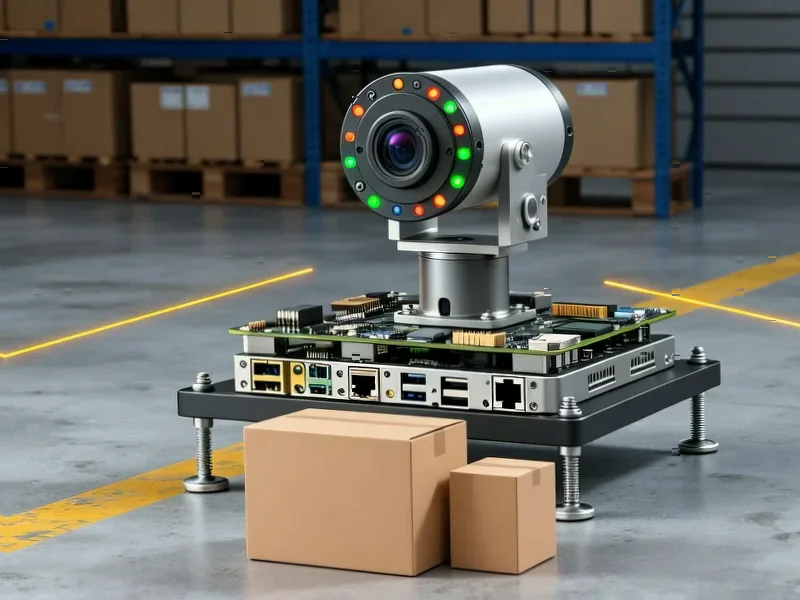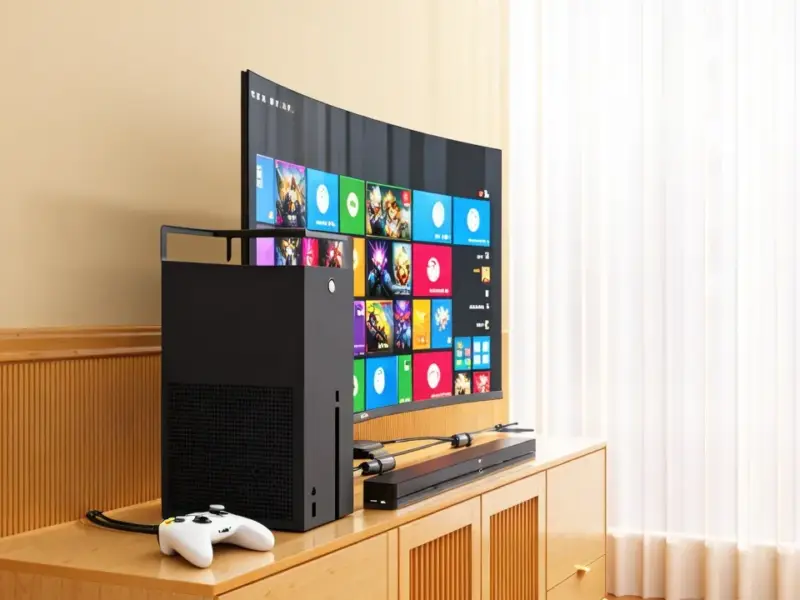According to TechSpot, MSI is launching the MS-CF16 V3.0, a new Pico-ITX single-board computer designed for industrial applications. The board features Intel x86 processors including Alder Lake N97, Amston Lake Atom X7433RE, and Twin Lake N150 with clock speeds from 3.4 GHz to 3.6 GHz and TDPs ranging from 6W to 12W. It supports up to 16GB of LPDDR5 memory and offers multiple connectivity options including Gigabit LAN, USB ports, COM ports, and two M.2 slots. The fanless design operates reliably in harsh environments from -40°C to 70°C and uses a direct 12V power connector. MSI is positioning this through its industrial PC division for specialized applications rather than consumer markets, though pricing and availability details weren’t provided.
Where this fits in the market
Here’s the thing – this isn’t another Raspberry Pi competitor for hobbyists. MSI is clearly targeting the industrial embedded space where reliability and extreme temperature operation matter more than flashy features. The fact that it can run standard Windows editions makes it interesting, but let’s be real – you’re not going to find this at your local electronics store.
And that’s actually smart positioning. The industrial SBC market has different requirements than the maker community. These boards need to work in manufacturing plants, medical equipment, transportation systems – places where failure isn’t an option. The -40°C to 70°C operating range alone tells you this isn’t meant for your living room media center.
<h2 id="performance-vs-power“>Performance versus power consumption
Now, the specs are pretty impressive for the power envelope. We’re talking about x86 processors hitting 3.6GHz while staying under 12W TDP. That’s not going to compete with your gaming rig, but for industrial applications? It’s plenty.
Basically, MSI is giving system integrators the computing power they need without the thermal headaches. The fanless design means fewer points of failure, which is crucial when these boards might be running 24/7 in environments where maintenance is difficult or expensive.
What’s missing for hobbyists
So should you get excited about this for your next home project? Probably not. MSI hasn’t announced pricing, but industrial-grade components typically cost significantly more than consumer SBCs. And without retail distribution, good luck getting your hands on one as an individual.
Look, if you’re a developer or maker wanting x86 power in a small form factor, you’re probably better off with something like LattePanda boards that are actually designed for the hobbyist market. They’re more accessible, better documented for individual users, and won’t require navigating industrial sales channels.
Broader market implications
This launch shows how the SBC market is maturing and segmenting. We’ve got the Raspberry Pi ecosystem for education and hobbyists, more powerful boards for developers, and now specialized industrial offerings like this MSI board. Each serves different needs with different priorities.
I think we’ll see more of this segmentation as companies realize that one-size-fits-all doesn’t work for embedded computing. The requirements for a factory automation system are just fundamentally different from a home media center or robotics project. MSI’s move here makes perfect sense when you consider their existing industrial customer base and the growing demand for reliable, compact computing solutions in business environments.





Thanks for sharing. I read many of your blog posts, cool, your blog is very good.